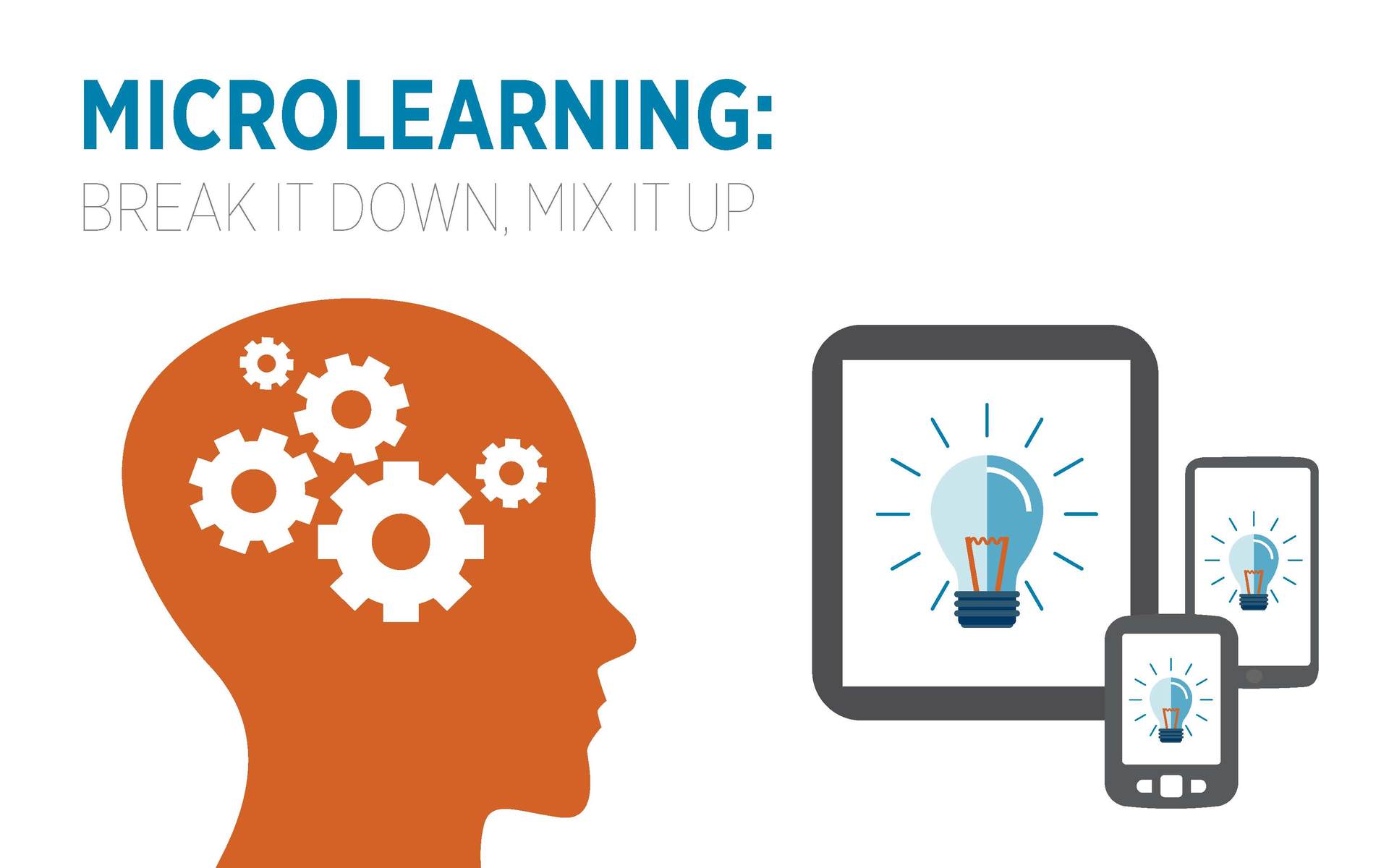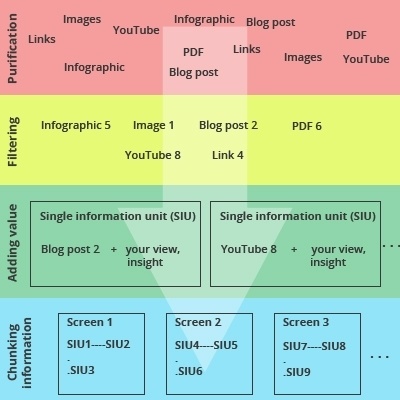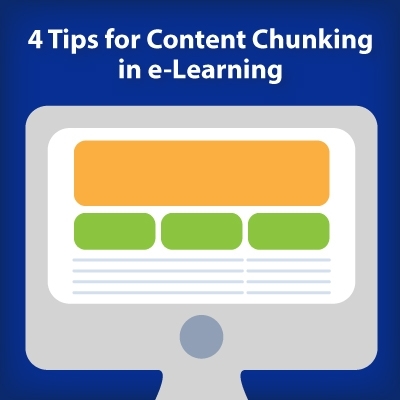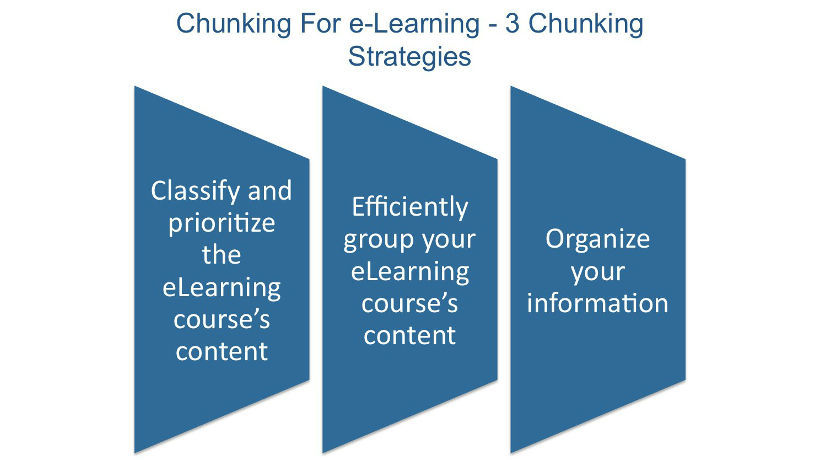April 17, 2016
7 Tips To Reduce Cognitive Overload In eLearning
Cognitive overload is the thorn in the side of eLearning professionals. In a perfect world, the human mind would be limitless and have the power to absorb an infinite amount of information without feeling strained. Unfortunately, this is not the case and we must ensure that our eLearning courses strike a perfect balance. Give online learners too much information and you overwhelm them; not enough, and you bore them. In this article, I'll share 7 tips to reduce your learners cognitive overload when designing eLearning experiences.
by Christopher Pappas










